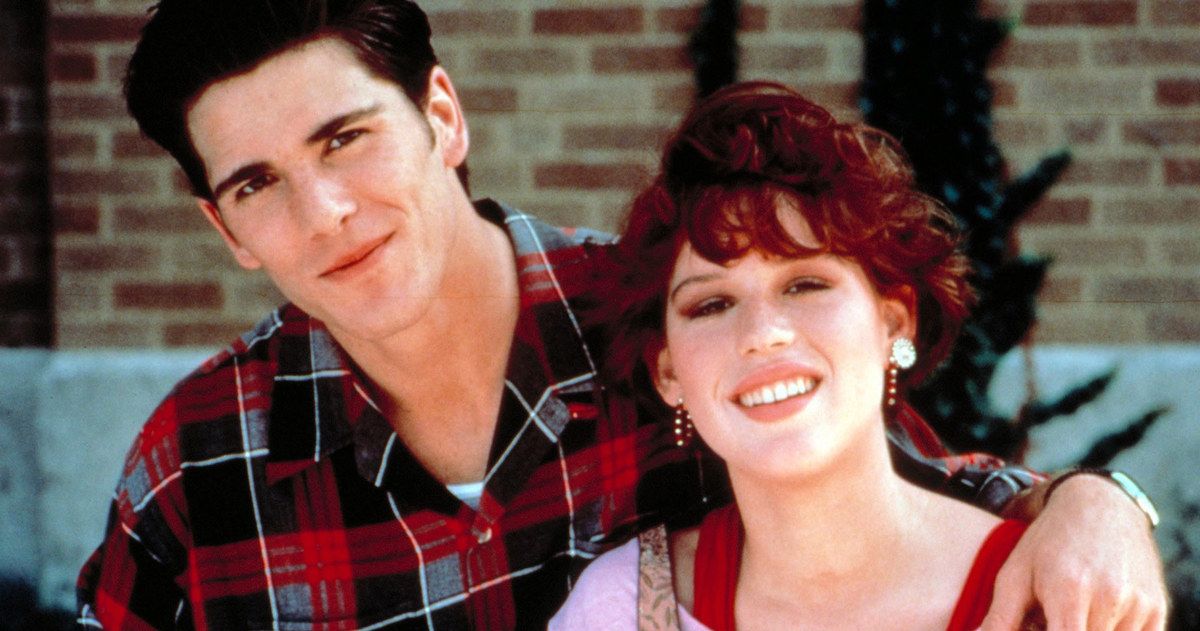Molly Ringwald says she "could not agree more" that John Hughes' Sixteen Candles glorified rape culture in the 1980s. Christine Blasey Ford and Brett Kavanaugh's testimony are the big news in politics this week, bringing 2018 back to the early 1980s, which was a different time in our culture. Kavanaugh has been accused of sexual assault by Ford and four other women as of this writing, dating back to the time when they were in high school and college freshman. The accusations have brought up questions about the culture towards women in the 1980s and the lasting trauma of sexual abuse.
In a new article, writer Constance Grady attempts to examine 1980s rape culture through the lens of John Hughes' classic teenage love story Sixteen Candles. Grady doesn't lump the movie in with other comedy classics of the time that are more aimed towards sex like Revenge of the Nerds and Animal House. Both movies have their questionable material, but they are not framed in a love story like Sixteen Candles is. Grady explains.
"It's a high school love story. It's been celebrated for 34 years for its sweet, romantic heart. Yet it is entirely willing to feature a lengthy, supposedly hilarious subplot in which a drunk and unconscious girl is passed from one boy to another and then raped."
After Constance Grady's article went live, Sixteen Candles actress Molly Ringwald posted on social media to announce that she agrees with the premise of the article. Ringwald recently wrote an article at the height of the #MeToo movement to take apart some of her most beloved films that she worked on with John Hughes after watching The Breakfast Club with her young daughter. She brought up instances of date rape in the movies as well as racial stereotypes that were prevalent in most of the comedies of the 1980s.
After watching The Breakfast Club after all of these years, she became "troubled" after her daughter asked why John Bender looked up her character's skirt. Judd Nelson's Bender character spends most of the movie sexualizing Ringwald's Claire character, harassing her and ultimately becoming her boyfriend at the end of the film. Ringwald noted that he never apologizes, "but he still gets the girl in the end."
Brett Kavanaugh has been accused of some pretty dark things, and the accusations have started to open up a new dialogue about rape culture in today's society compared to how it was played out in popular culture, mainly through the films of the 1980s, like in Sixteen Candles. Whatever the case may be, Molly Ringwald has started to look back at the work she did as a teenage actress realizing that she doesn't agree with a lot of the way that the stories were told. You can check out the article and the Sixteen Candles star's response below, thanks to Molly Ringwald's Twitter account.

